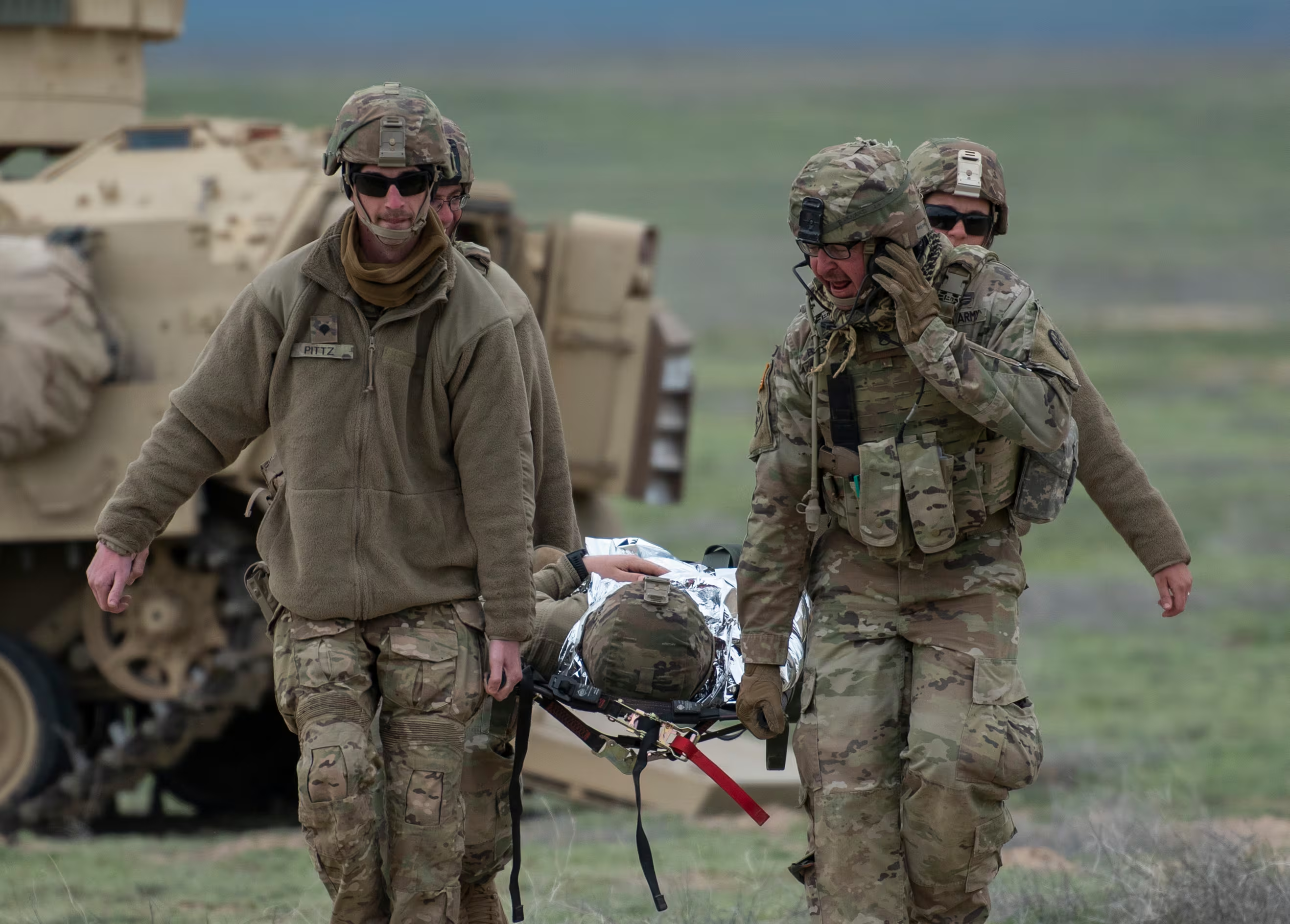VA Secretary Bob McDonald on Tuesday blasted a $1.4 billion shortfall in the House's budget proposal for fiscal 2016 as "inadequate" to maintain his department's reform and outreach efforts.
"It will cause veterans to suffer," he told members of the Senate Appropriations Committee. "It means fewer veterans will get care."
Last week, the House subcommittee that oversees the VA budget offered its first draft of the department's fiscal 2016 spending blueprint, a $163.2 billion plan that they touted as another healthy increase.
But the plan would trim veterans health care programs by $690 million and cut the department's request for construction spending by half. McDonald called those plans "unacceptable" despite the other funding boosts in the plan.
He said the health care cuts represent "the equivalent of over 70,000 fewer veterans receiving care," while the construction cuts will stop four major medical center projects and six other cemetery expansion efforts.
McDonald was on Capitol Hill to lobby not only for that extra fiscal 2016 money but also for permission to shift another $1 billion from emergency funds approved last summer to finish the controversial VA medical center construction project in Denver, which has seen its price tag balloon in recent years.
Originally projected around $800 million, the overdue Denver project is now expected to cost closer to $1.7 billion and take another two years to complete. Congress needs to OK the funds transfer by mid-May or risk even higher costs.
But the project's problems — poor oversight, mismanaged planning — are what prompted House lawmakers to cut the construction budget plan. Senators offered similar skepticism on Tuesday, expressing concerns that no officials have been punished for the missteps.
McDonald said reforms have been put in place to address the issue, and supervisors responsible for the problems removed — though not fired. But VA officials also have argued that despite congressional concerns, halting the project would cause significant problems for veterans in the region.
House and Senate appropriators are expected continue work on the VA budget bills for several more weeks. The early House plan includes $7.5 billion for mental health care services, $6.7 billion for homeless veterans programs, and $233 million for electronic health records modernization, all requested by VA.
Along with the budget request, McDonald also petitioned lawmakers to consider closing old and outdated VA properties as a long-term cost savings measure.
Lawmakers have balked at a similar Pentagon-backed plan for military sites, but generally have been receptive to the idea of a VA closure round.
Leo covers Congress, Veterans Affairs and the White House for Military Times. He has covered Washington, D.C. since 2004, focusing on military personnel and veterans policies. His work has earned numerous honors, including a 2009 Polk award, a 2010 National Headliner Award, the IAVA Leadership in Journalism award and the VFW News Media award.





